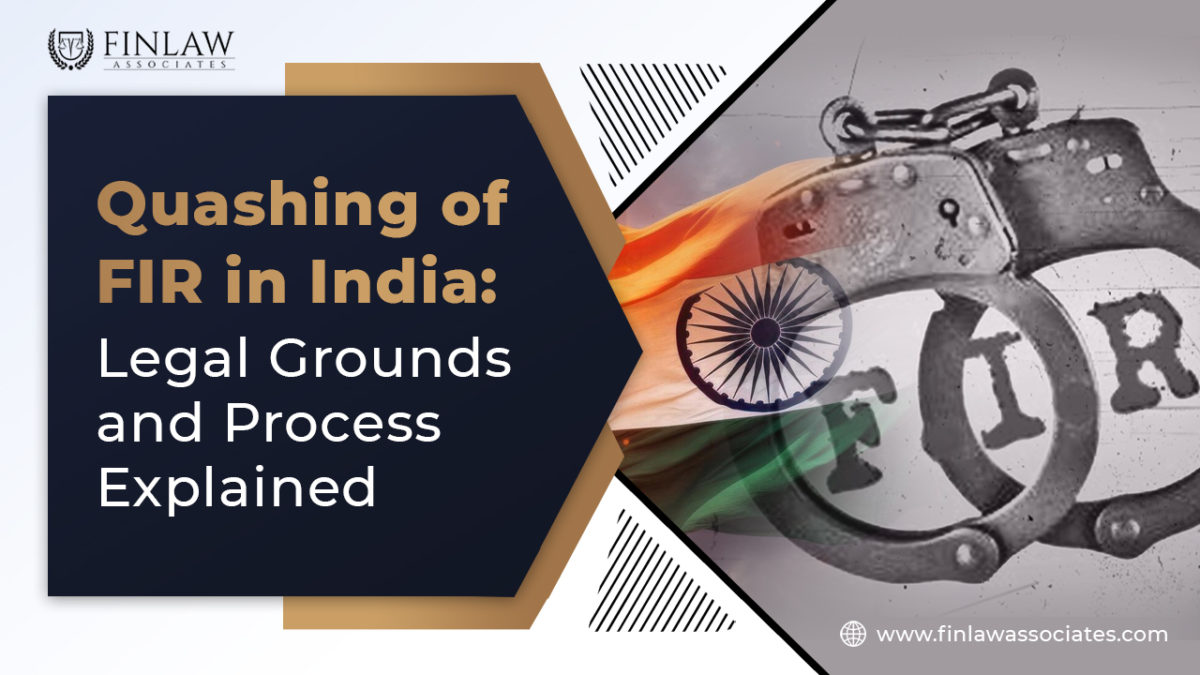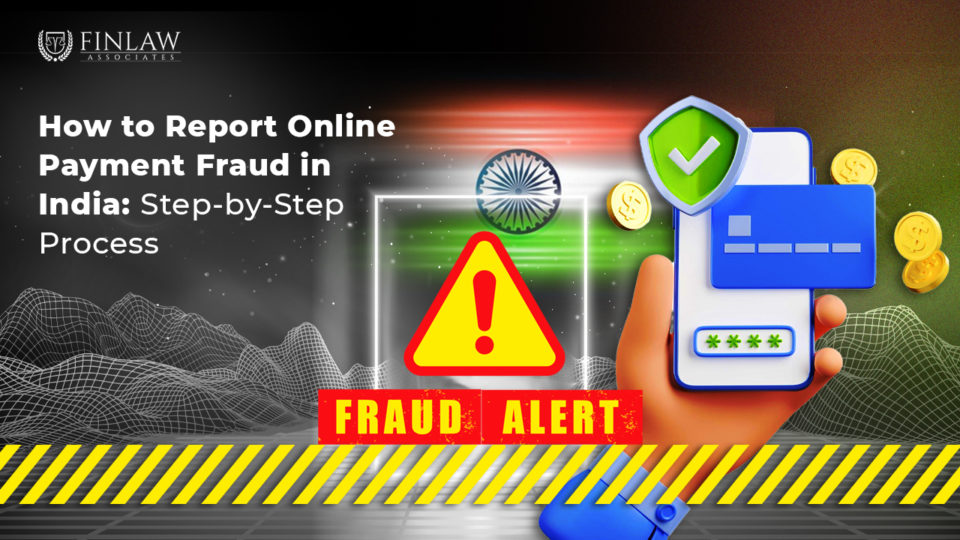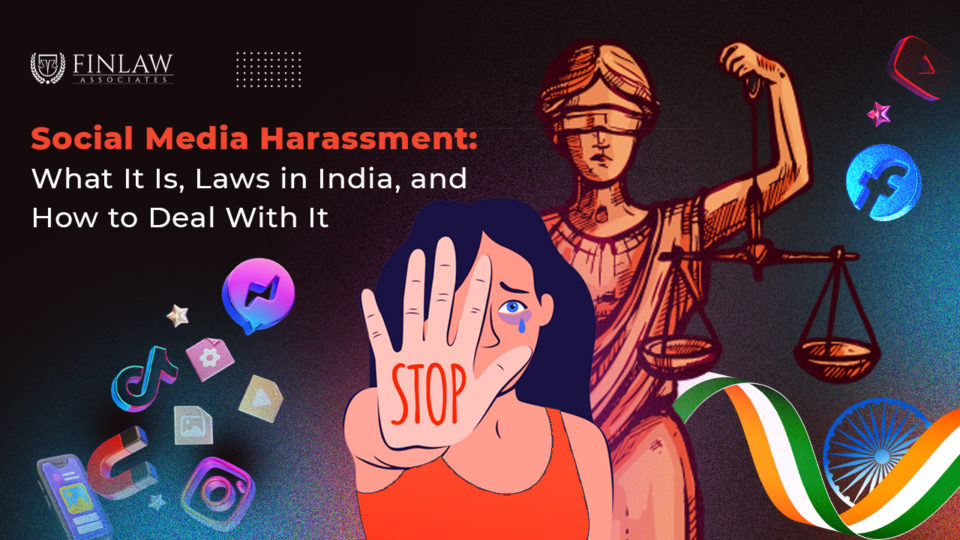
Difference Between Brand and Trademark: A Simple Guide for Entrepreneurs
April 7, 2025
The Role of Patent Law in Cybersecurity Startups and Tech Firms
April 21, 2025
In India’s criminal justice system, filing a First Information Report (FIR) is the first formal step toward initiating a criminal investigation. While FIRs are crucial for addressing genuine crimes, they can also be misused, leading to legal harassment of innocent individuals. In such cases, the concept of quashing of FIR plays a critical role in safeguarding personal liberty and justice.
This article explores the meaning, legal framework, grounds, procedure, landmark judgments, and frequently asked questions related to quashing of FIR in India—providing readers with a detailed and human-centric understanding of the topic.
What is Quashing of FIR?
Quashing of FIR refers to the judicial process through which an individual can request the High Court to nullify or cancel a First Information Report that has been registered against them. This is usually sought when the FIR is filed with mala fide intentions, lacks merit, or is purely civil in nature.
Legal Basis for Quashing FIR
The power to quash an FIR is derived from Section 482 of the Code of Criminal Procedure (CrPC), 1973, which preserves the inherent powers of the High Court to:
- Prevent abuse of the legal process.
- Secure the ends of justice.
This provision empowers the court to intervene in exceptional circumstances where continuing the criminal proceedings would be unjust.
Common Grounds for Quashing of FIR
Over the years, Indian courts have identified multiple grounds where quashing of FIR may be appropriate. These include:
1. No Prima Facie Offense
If the allegations in the FIR do not constitute any recognizable offense, the High Court may quash it.
2. Civil Nature of Dispute
If the matter is essentially civil (e.g., breach of contract, property dispute), but has been given a criminal color, the FIR can be quashed.
3. Absence of Evidence
When the allegations are vague, general, or unsupported by facts or evidence.
4. Settlement Between Parties
In compoundable offenses (like matrimonial disputes), if both parties arrive at a compromise, the court may allow quashing of the FIR to promote peace and harmony.
5. Abuse of Legal Process
If the FIR has been filed with an ulterior motive—such as revenge, intimidation, or coercion—it may be considered an abuse of the law.
6. Violation of Legal Provisions
If the FIR is lodged without following mandatory legal procedures (e.g., registering a non-cognizable offense without Magistrate’s permission), it can be invalidated.
Procedure for Quashing of FIR in India
Here's a step-by-step outline of how to get an FIR quashed in India:
Step 1: Hire a Criminal Lawyer
You should engage a qualified criminal lawyer experienced in quashing of FIR petitions. Legal expertise is crucial for drafting a strong case.
Step 2: File a Petition under Section 482 CrPC
A petition must be filed in the High Court under Section 482, explaining the grounds on which the FIR should be quashed.
Step 3: Attach Supporting Documents
Include copies of the FIR, relevant evidence, affidavits, and any compromise deed (if applicable).
Step 4: Issue of Notice
The High Court issues a notice to the other party (complainant) and the State Government.
Step 5: Hearing and Arguments
Both sides present their arguments. If it’s a settled matter, both parties may be asked to appear personally for verification.
Step 6: Court's Judgment
Based on facts, law, and fairness, the High Court may either:
- Quash the FIR.
- Dismiss the petition and allow investigation to continue.
Landmark Judgments on Quashing of FIR
Indian judiciary has laid down key precedents that clarify when and how FIRs can be quashed:
✔️ State of Haryana v. Bhajan Lal (1992)
The Supreme Court outlined specific categories where FIRs can be quashed, including cases filed with mala fide intent.
✔️ Narinder Singh v. State of Punjab (2014)
The Court held that even non-compoundable offenses can be quashed if the dispute has been privately settled and continuation would be futile.
✔️ Arnesh Kumar v. State of Bihar (2014)
This case introduced safeguards to prevent arbitrary arrests under Section 498A IPC (cruelty against wife), and indirectly supported quashing of FIRs in marital disputes.
✔️ Gian Singh v. State of Punjab (2012)
Reaffirmed that FIRs in cases involving personal disputes and private wrongs can be quashed on compromise grounds.
Quashing of FIR in Matrimonial Disputes
In India, quashing of FIRs in matrimonial cases is common, especially under Sections 498A (cruelty), 406 (criminal breach of trust), and 34 IPC.
Many such cases are filed during divorce or dowry harassment proceedings and later resolved through mutual settlement. In such situations:
- The High Court can quash the FIR to avoid prolonged litigation.
- A compromise deed is usually submitted along with the petition.
Note: Offenses like rape or dowry death are serious and typically not eligible for quashing, even on compromise.
Can an FIR Be Quashed Before Charge Sheet?
Yes, an FIR can be quashed at any stage—whether before or after the police files a charge sheet, or even after cognizance by the trial court. However, the earlier it is challenged, the better, as it prevents unnecessary investigation and mental harassment.
Can You Quash an FIR Without Appearing in Court?
Personal appearance is generally required, especially in cases involving compromise. However, in exceptional cases, courts may allow representation through video conferencing or by a legal representative.
Frequently Asked Questions (FAQs)
❓ Can the police quash an FIR?
No. Only the High Court has the authority to quash an FIR under Section 482 CrPC.
❓ Is there a time limit for filing a quashing petition?
There is no statutory time limit, but filing the petition early is advisable to prevent escalation.
❓ Can FIR be quashed in a non-compoundable offense?
Yes, the High Court can quash even non-compoundable offenses if it deems that continuing the proceedings would be unjust.
❓ Will quashing of FIR wipe out the criminal record?
Yes. Once the FIR is quashed, it's as if the case never existed. No further investigation or trial takes place.
Final Thoughts
The quashing of FIR in India is a crucial judicial remedy for those wrongfully accused. While the process is governed by stringent legal checks and balances, it ensures that justice prevails and the rights of individuals are protected against misuse of law.
Whether it’s a false FIR, frivolous complaint, or a settled dispute, seeking quashing under Section 482 CrPC can help put an end to unnecessary legal battles.
If you're facing legal trouble due to a baseless FIR, consult a qualified criminal lawyer immediately. A timely and strategic approach can protect your freedom, reputation, and peace of mind.



